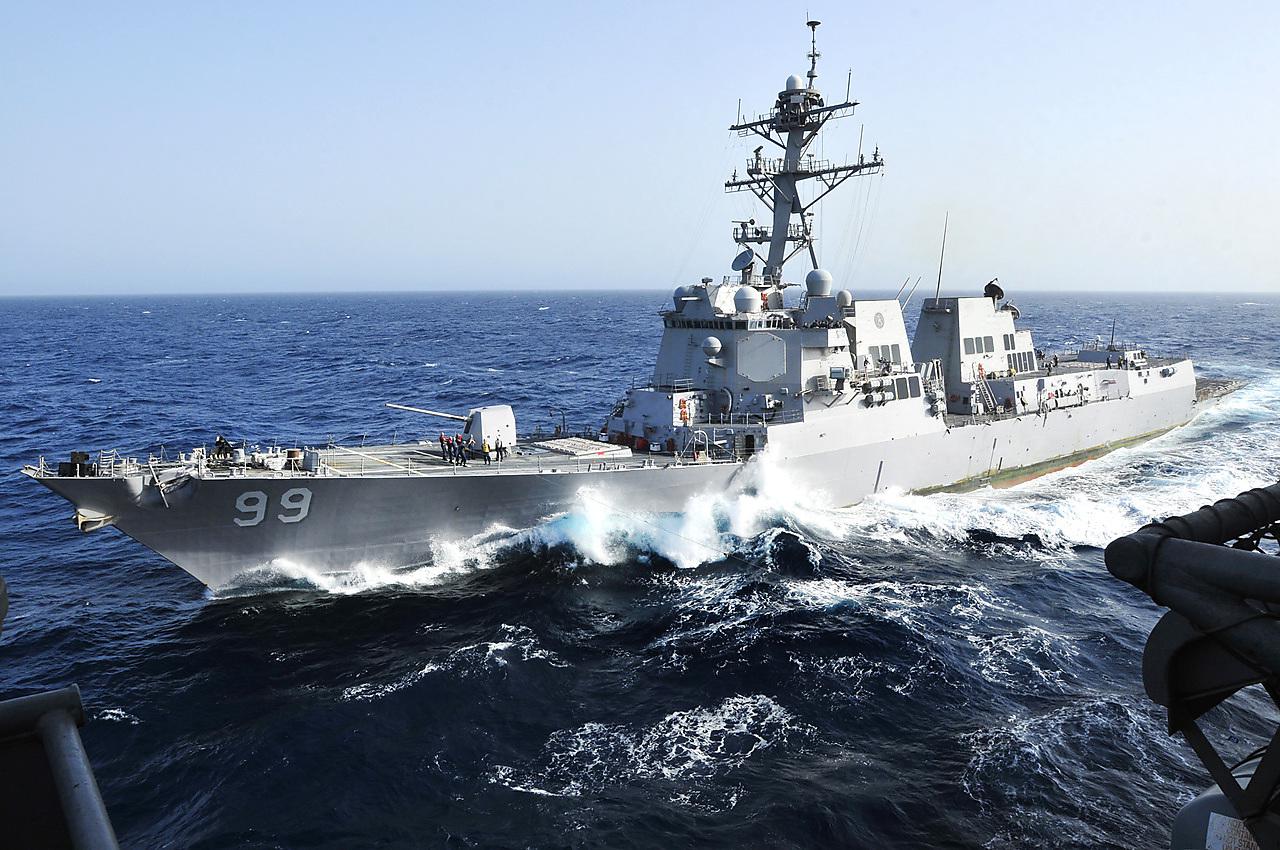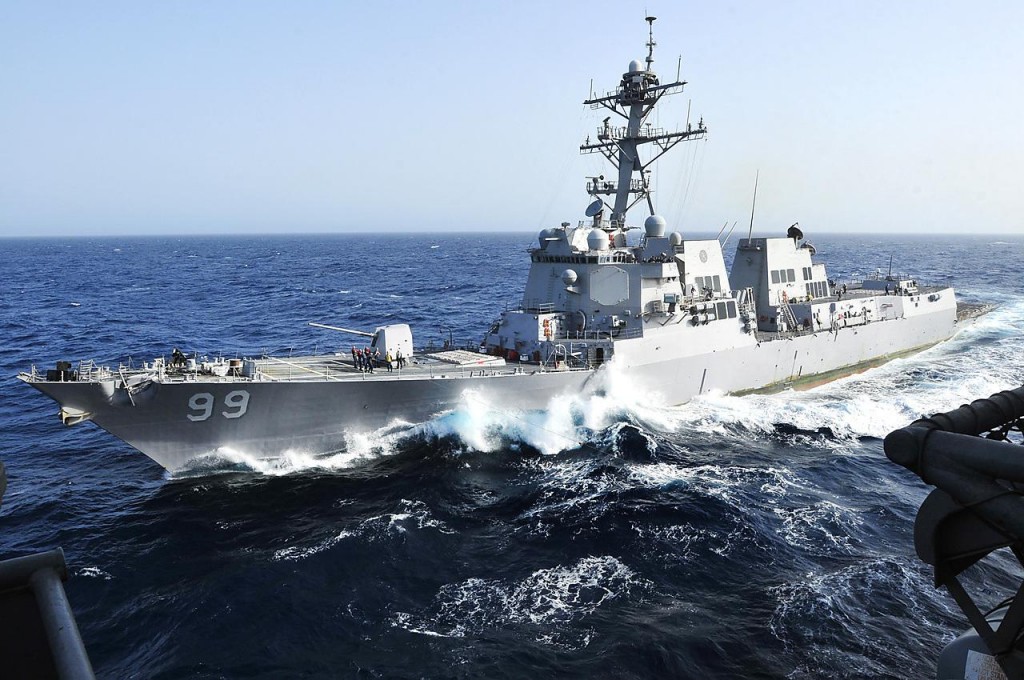Sourced : EURASIA.NET
by Joshua Kucera
NATO has agreed to come up with a “coordination body” to manage activity in the Black Sea, a step toward formalizing a NATO presence in the region that Russia considers to be its sphere of influence.
Bulgaria, Romania, and Turkey — the three NATO members on the Black Sea — have been tasked with coming up with a plan to increase the alliance’s naval and sea patrols in the region, Romanian Defense Minister Mihnea Motoc said on October 27. That decision was made following a meeting of NATO defense ministers in Brussels.
“The political decision is to task the allied forces to come up by the end of January with proposals on two basic elements for the maritime component – a strengthened training framework and a coordination body for the Black Sea that reports to the specialized NATO command,” Motoc said.
Romania has been pushing for a formal NATO presence on the Black Sea since early this year. At the alliance’s summit in July it put off the decision until this meeting, and now they have kicked the can a bit further down the road. Nevertheless, Motoc said this was a step forward.
“Countries for the first time have expressed a willingness to financially participate to supporting security arrangements on the northeast flank [of NATO] as well as our Black Sea region,” he said.
Six NATO members — Canada, Germany, the Netherlands, Poland, Turkey and the United States — have “indicated their willingness to contribute to our presence in the Black Sea region, on land, at sea and in the air,” NATO Secretary General Jens Stoltenberg said after the meetings. “Other Allies are also looking into how they can contribute.”
It’s still not clear what form this “presence” may take. Of all the nations Stoltenberg listed, all but Germany have already sent warships to the Black Sea this year. (Germany’s last foray into the sea was in March 2015.)
Russia has strenuously objected to NATO’s already heightened activity in the Black Sea, but Stoltenberg, asked at a press conference if this was “a dangerous escalatory situation,” said it wasn’t.
“NATO does not seek confrontation with Russia. We don’t want a new cold war and we don’t want a new arms race and therefore, what NATO does is defensive and it is proportionate,” he said. “At the same time, NATO has to react when we, over a long period of time, have seen a substantial military buildup by Russia and we have seen them modernize their military capabilities and most importantly, we have seen them willing to use military force against neighbours: Crimea, Ukraine – but also Georgia has also seen a threatening rhetoric from Russia. So, NATO has to respond, to continue to deliver credible deterrence in a new security environment.”
Georgia, a NATO aspirant on the Black Sea, welcomed the move. “It is important that the Alliance has started to take specific steps to bolster security in the Black Sea region. It should be emphasized that Georgia participates in the NATO discussions regarding the Black Sea security in all relevant formats,” Foreign Minister Mikheil Janelidze said. He added that Tbilisi “is committed to continue its contributions to the security of the Euro-Atlantic area, and of the Black Sea region as its integral part.”
Also on October 27, Bloomberg reported that Russian President Vladimir Putin is acting as a restraining force in the Black Sea to some of his more hotheaded advisers. According to the report, Putin and other senior officials discussed a Russian air force jet’s buzzing of an American warship in the Black Sea, and some participants apparently cheered the move, saying “the Americans deserved it.” Putin reportedly responded: “Are you out of your mind?”
Putin spokesman Dmitriy Peskov refused to confirm the report, but said that “without a doubt, [Putin] is not an advocate of escalating tensions… he is in favor of a very close adherence to the corresponding documents of international law which regulate cooperation in avoiding dangerous incidents, be they in the air or at sea.”
It’s not clear what incident was being discussed, but in April the U.S. said that Russian jets had buzzed the USS Donald Cook, coming within 30 feet of the American warship. On October 24, the guided-missile destroyer USS Carney entered the Black Sea via Istanbul’s Bosphorus straits, and appears to be the only NATO warship from a non-littoral country currently in the sea.


